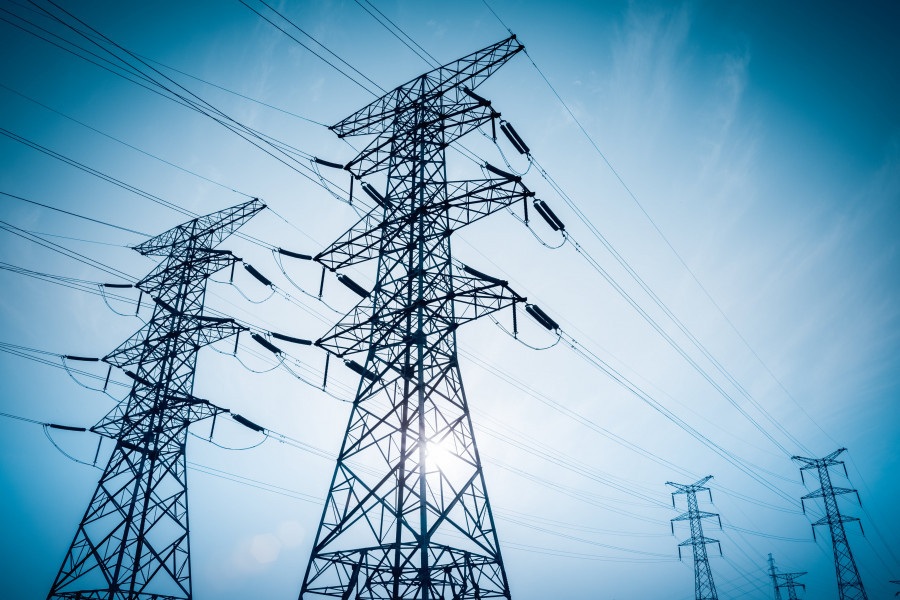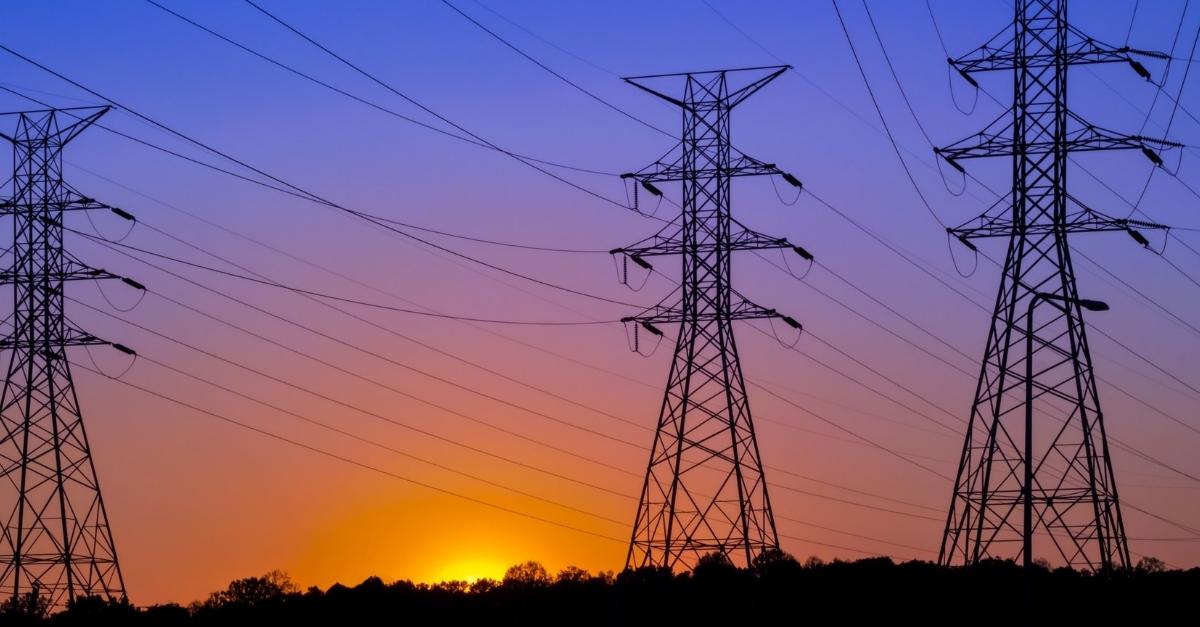Electricity is an essential commodity that powers our daily lives. With the increasing demand for energy and the rising costs associated with traditional energy sources, the idea of selling electricity has gained significant traction. Selling electricity not only allows individuals and businesses to generate income but also contributes to a more sustainable and resilient energy future. In this article, we will explore the various aspects of selling electricity, including the benefits, the process, and the potential challenges that come with it.
From renewable energy producers to homeowners with solar panels on their rooftops, selling electricity can be a viable option to monetize excess power generation. By selling the surplus electricity back to the grid or local utilities, individuals and organizations can offset their own energy costs and even earn additional revenue. Moreover, selling electricity helps to promote the shift towards cleaner and more environmentally friendly energy sources, thereby reducing our dependence on fossil fuels and mitigating the impacts of climate change. However, there are certain considerations to keep in mind, such as regulatory requirements, grid connection procedures, and pricing mechanisms, which we will delve into further in this article.

Selling Electricity Back to the Grid in Maine
If you are a homeowner in Maine who generates excess electricity through renewable energy sources, such as solar panels or wind turbines, you may be able to sell that electricity back to the grid. This process, known as net metering, allows homeowners to receive credits for the excess electricity they produce, which can offset their energy bills. It is a great way to not only save money but also contribute to the overall sustainability of the state’s energy grid. To learn more about the specific requirements and details of selling electricity back to the grid in Maine, you can Visit this link for details.
Conclusion
Selling electricity has become a viable option for individuals and businesses to generate income while contributing to a more sustainable energy future. By selling excess electricity back to the grid or local utilities, renewable energy producers and homeowners can offset their energy costs and promote the transition to cleaner energy sources. However, it is important to consider regulatory requirements, grid connection procedures, and pricing mechanisms when embarking on this endeavor. In Maine, homeowners can participate in net metering to sell their excess electricity back to the grid and receive credits to offset their energy bills. To learn more about the specific requirements and details of selling electricity back to the grid in Maine, individuals can conduct further research.

Leave a Reply